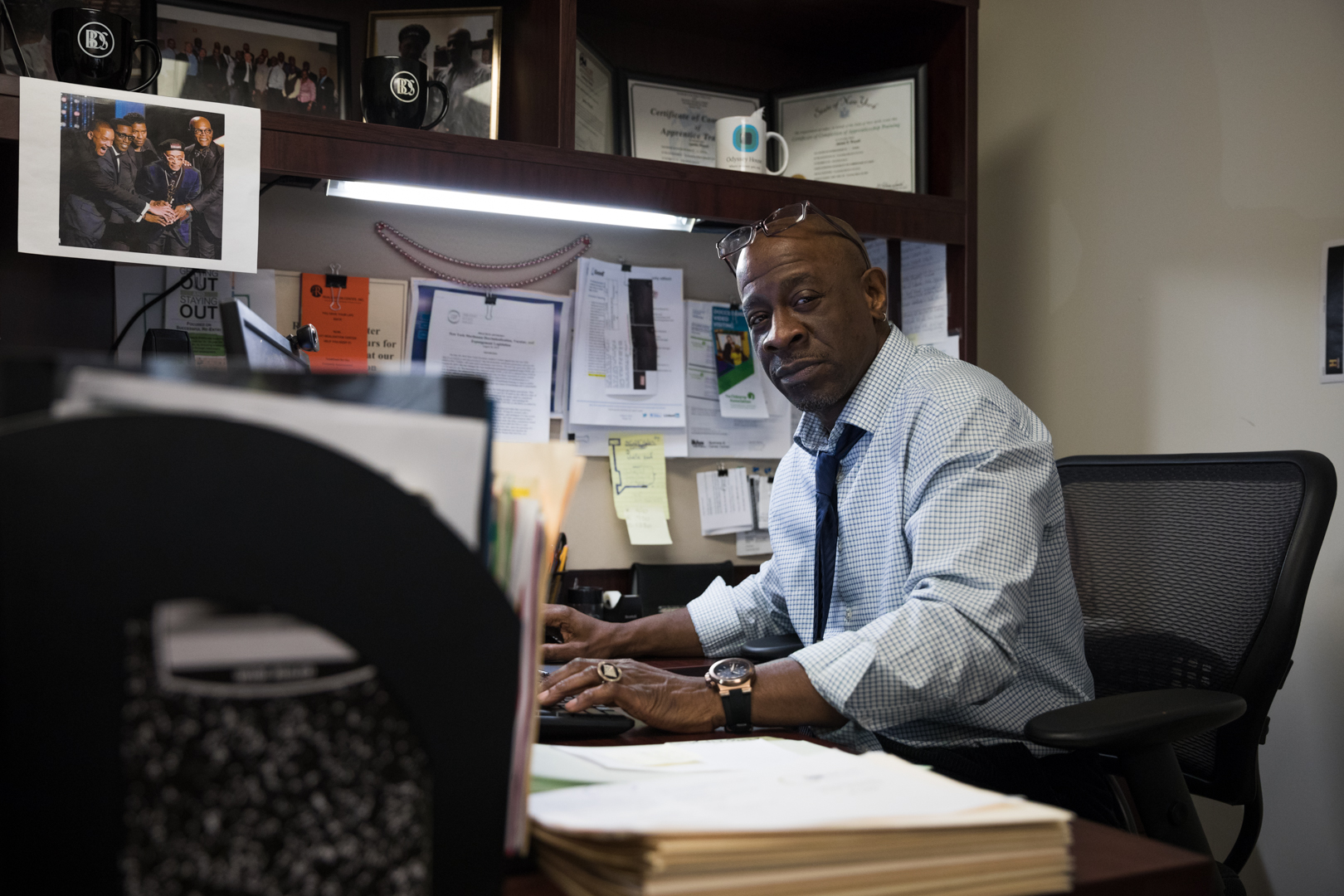They’ve been through New York’s parole system. That’s why they want to change it.
These are the stories of three New Yorkers — either on parole or recently off it — and the work they are doing now in criminal justice.

In 2020, two major parole reform bills are on the table. One is elder parole, which would allow incarcerated individuals over the age of 55 who have served at least 15 years of their sentence an opportunity to go before the parole board — no matter their sentence.
The second bill, called Fair and Timely Parole, changes the standard of parole to base consideration for release on the person’s rehabilitation while incarcerated, rather than the severity of the crime that landed them behind bars.
The two bills would affect thousands of New Yorkers who appear before the state’s parole board every year.

Brooklyn Boro
View MoreNew York City’s most populous borough, Brooklyn, is home to nearly 2.6 million residents. If Brooklyn were an independent city it would be the fourth largest city in the United States. While Brooklyn has become the epitome of ‘cool and hip’ in recent years, for those that were born here, raised families here and improved communities over the years, Brooklyn has never been ‘uncool’.